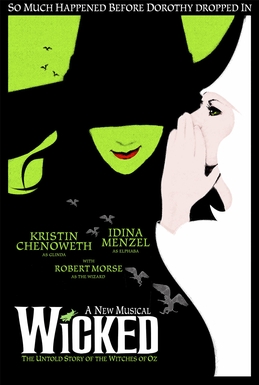If you've seen the trailer for This Is Where I Leave You, you already know what to expect. Packed with a stellar cast, this movie is a who's who of acting veterans and comedy talent, all of whom are doing what they do best. Unfortunately, because of that large cast and their various stories, the end result is a Saturday Night Live-esque sketch show of a film that has many hilarious tales to tell, but not enough time to tell them in.
The movie follows the Altman family, a bunch of "Jewish atheists," who are forced to spend seven days together in their childhood home to sit shiva after their father dies. The family matriarch is Hillary (Jane Fonda), a massively liberal therapist who constantly embarrasses her children with her frankness and her impressive cleavage from a new boob job. Her adult children consist of Judd (Jason Bateman), who is dealing with the shock of discovering his wife has been cheating on him with his boss; Wendy (Tina Fey), who has had some tragedy in her past and has a somewhat loveless marriage in her present; Paul (Corey Stoll), the son who stayed behind to run the family store and is married to Judd's ex-girlfriend, Alice (Kathryn Hahn), who is desperately trying to get pregnant; and Phillip (Adam Driver), the horrifically incompetent baby of the family who has never amounted to anything but has now brought home an older woman (played by Connie Britton) as his "engaged to be engaged" fiancée.
That is just the back story of a partial list of characters: the movie then has to tell us what happens to them over the course of seven days and what they learn about their lives. The screenplay is written by Jonathan Tropper, based on his bestselling book of the same name, and he does a very creditable job of deftly weaving the stories of these disparate people together and coming up with humorous interludes to resolve most of their issues in a brief two hours. But I can't help but feel this is a tale that is better suited to a miniseries, where we would get to explore each character fully, instead of powering through the plot in farcical fashion. It's a valiant effort and it certainly works in a lot of places. But the casting feels a little too pat, with every actor doing the shtick that they are most famous for. And while the story beautifully blends comedy and drama, it veers off into zany and unpredictable areas that ultimately make it feel less grounded.
I liked this movie enough that I want to read the novel and spend a little more time with these characters. The film is funny, sad, and sweet, but it careens wildly through all these emotions and comes to an abrupt end. It is full of lovely moments that have been cobbled together to make a vaguely unsatisfying whole. Translating good literature to film is difficult, and ultimately, This Is Where I Leave You bites off a little more than it can chew.


